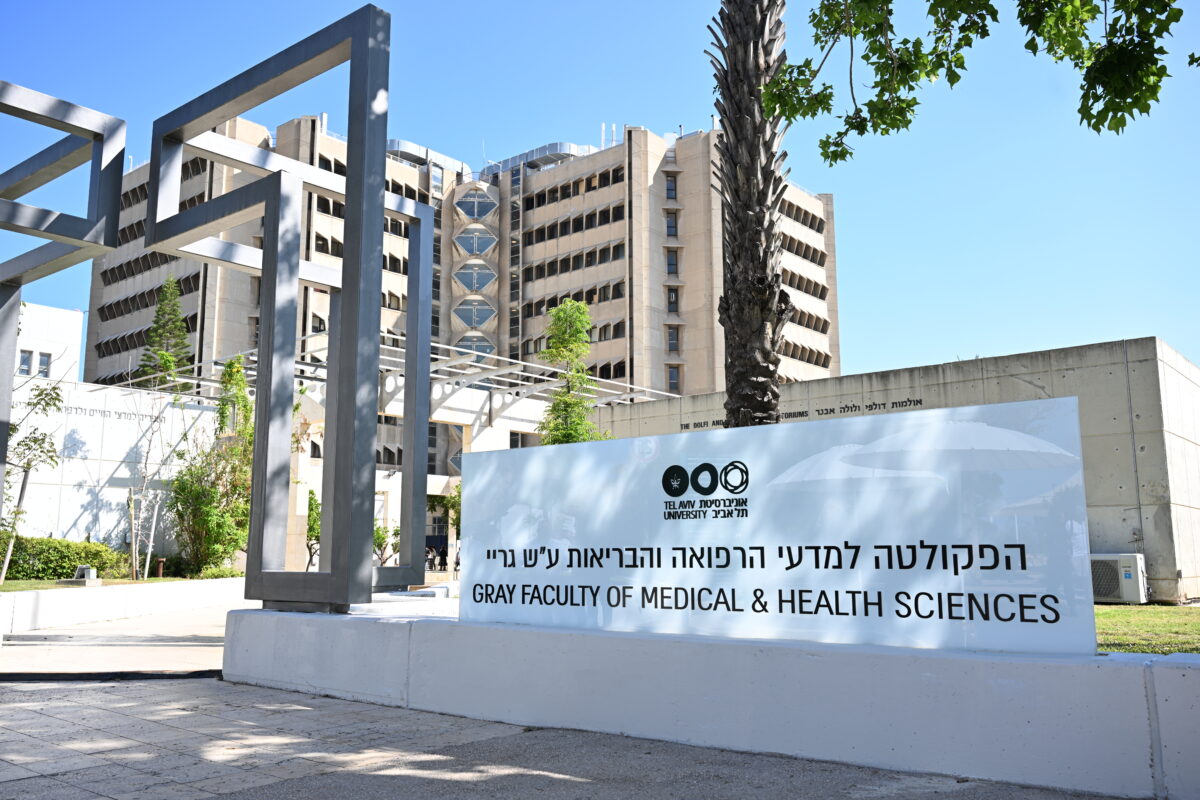When war broke out on Oct. 7, Sahar Vissozki, who owns a wine bar and a coffee shop in Tel Aviv, went into the reserves. So did his business partners, Tal Malichi and Yonatan Vaknin.
With no one to run it, the wine bar, Ya’akov BaNachala on the hip Nachalat Binyamin Street, and the coffee shop, Ya’akov Cafe on the tony Montefiore Street, were forced to shut down. They were only able to reopen, partially, two weeks ago.
To help hold them over, Vissozki turned to SparkIL, a joint venture by the Jewish Agency for Israel and the nonprofit loan fund Ogen, which worked with them to navigate the application — a tricky process in the best of times, which was made even more logistically complicated by their reserve duty in combat units.
“When they applied for a loan, they couldn’t even come in to sign the papers. Someone from our team had to go from base to base to get all three of them to sign,” Na’ama Ore, CEO of SparkIL, a microlending platform, told eJewishPhilanthropy.
Vissozki, Malichi and Vaknin were approved for their loan for just shy of $27,000.
But that approval is only the beginning. Now, individuals from around the world can invest in their business, giving interest-free loans as small as $25, which will be repaid over five years.
SparkIL’s concept is twofold — help Israeli business owners in need, who are not able to get help through more conventional routes, and do so in a way that connects them to Jews around the world.
“[When a lender understands] that she can help Sahar, who is still [on an army base in southern Israel], who is just a wonder of a human being, and who needs help because his business is operating at 40% and that’s only because [the owners’] friends are helping, and that she can help with a loan, with a $50 loan, but that she’s part of his revival of hope — to me, that’s the whole story,” Ore said.
The Oct. 7 attacks and the ongoing war with Hamas, as well as the low-simmering conflict with Hezbollah on the northern border, have wreaked havoc on the Israeli economy, displacing well over 100,000 people from their homes and businesses, forcing hundreds of thousands of working-age men and women to enlist in the reserves and cutting off almost all tourism. In many cases, these have served as a double whammy — depriving businesses of both employees and customers.
The Israeli government and banking system have begun stepping in to help small businesses with low- and no-interest loans, but many of these efforts have been criticized as insufficient and slow to come.
Ore said SparkIL looks to situate itself “exactly where the system isn’t helping,” providing loans to firms that banks may deem too risky, particularly to businesses run by new immigrants, who often do not have established credit histories. (Roughly a quarter of all loans are given to new immigrants, Ore said.)
She stressed that despite lending to businesses that often wouldn’t get loans from banks, SparkIL performs its due diligence seriously.
“We underwrite [our loans] very meticulously. We don’t give a loan to a business without understanding they can pay back the loan,” she said. “Yes, we take much higher risk than banks do. But that’s because we have default rates of less than 1% and we also have a philanthropic cushion.”
In the wake of the Oct. 7 attacks, SparkIL has significantly ramped up its efforts, nearly doubling its funding with a NIS 10 million ($2.7 million) Emergency Loan Fund, which it launched this week, on top of its regular NIS 13 million ($3.5 million) fund.
Under the newly launched Emergency Loan Fund, SparkIL is offering up to NIS 100,000 (roughly $27,000) in interest-free loans to small businesses affected by the war.
Half of the NIS 10 million for the fund came from a loan from Ogen, and half from a loan from the Jewish Agency. (Ogen has also launched no- and low-interest loan programs for individuals and nonprofits, in addition to collaborating with SparkIL for businesses.)
SparkIL, which launched in June 2022, relies on a combination of loans from Ogen and the Jewish Agency, philanthropic donations and investments (not charitable gifts) from individuals.
The initial loan is provided to a business by SparkIL directly once it’s been approved. (The difficult part is getting all of the paperwork in order, but once it’s been submitted, it normally takes 10 days for a business to receive the funds, according to Ore.)
As individuals lend money to that business through the SparkIL platform, the funding for the initial loan is then freed up for the organization to offer another loan to another business.
The businesses are required to pay back the interest-free loan each month over the course of five years, which goes back to the lenders, who can decide to take their money back out of the platform or reinvest it in another venture.
Generally, SparkIL focuses on businesses in Israel’s geographic and social periphery, who are more likely to struggle with traditional banking systems, particularly Haredi Israelis, Arab Israelis and new immigrants. While still focusing on these groups, the organization is expanding to assist businesses affected by the war.
Ore said there has been a massive increase in interest since the war began. “Over the past 18 months, we’ve had almost 5,000 inquiries about SparkIL loans, and almost 3,000 of them came since the start of the war. The demand is crazy,” she said.
SparkIL, which is still a relatively new initiative, has had to grow rapidly to meet the demand instead of the slower expansion that Ore had planned. “Instead of going from kindergarten to first grade, like I’d planned, we’re going from kindergarten to university,” she said. “As of Oct. 6, we had 2.5 employees. As of Dec. 5, we’re six — some of them part-time — and I’m working to hire three more.”
Ore ruminated on the launch of the new emergency fund just ahead of Hanukkah on Thursday night in both spiritual terms and more consumerist ones.
“We are bringing light and hope to these people. This is what SparkIL — as a spark — is all about. We are bringing them miracles. That’s how the recipients describe it.” she said.
“But also, we have an option of giving gift cards. And I want every parent and grandparent to give a gift card so their children and grandchildren can decide who they want to give light this Hanukkah,” she said.
Credit:Source link



